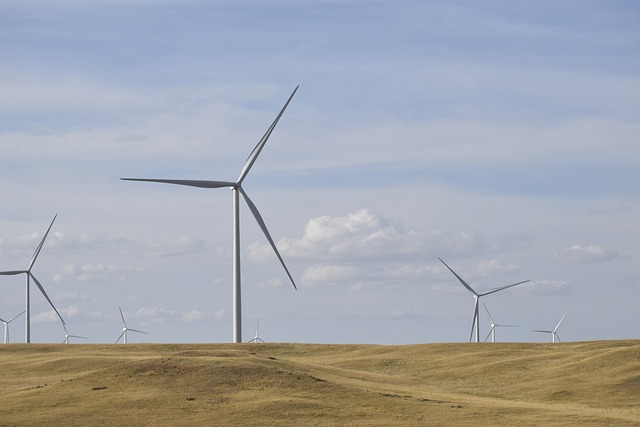Shaping the Future: Exploring Energy Policy Trends
In today’s rapidly changing world, the importance of energy policy cannot be overstated. As we grapple with the effects of climate change, seek energy independence, and strive for sustainable growth, the evolution of energy policies shapes not only our economy but also our environment and communities. The landscape of energy is transforming, and understanding these trends is crucial for everyone invested in our planet’s future.
From Fossil Fuels to Renewables
One of the most significant shifts in energy policy has been the transition from fossil fuels to renewable energy sources. Governments worldwide are recognizing the urgent need to reduce greenhouse gas emissions, prompting a surge in investments in solar, wind, and other clean energy technologies. This shift is not just about environmental benefits; it reflects a growing acknowledgment that sustainable energy can drive economic growth and create jobs.
Decentralization and Local Energy Solutions
Decentralization has emerged as a key trend in energy policy, moving away from our traditional reliance on large, centralized power plants. Communities are increasingly looking towards local energy solutions, such as community solar projects or small-scale wind farms. These initiatives empower individuals and neighborhoods, fostering a sense of ownership and responsibility for energy production and consumption. This transformation underscores a collaborative approach to energy, advocating for local needs and environmental stewardship.
The Role of Technology
Technological advancements are another driving force behind contemporary energy policy. Innovations such as smart grids, energy storage, and electric vehicles are reshaping the energy landscape. These technologies not only enhance energy efficiency but also enable consumers to interact with their energy supply. The integration of smart technology into our energy systems offers the promise of more efficient consumption and management, positively impacting both the economy and the environment.
Policy Frameworks and Global Cooperation
As energy challenges transcend national borders, the importance of international cooperation is more evident than ever. Global agreements like the Paris Accord highlight the collective commitment needed to address climate change. Policymakers are recognizing that effective energy policies require not only national efforts but also collaborative frameworks that promote sustainability across different regions and countries. This interconnected approach is pivotal in forming resilient energy systems capable of withstanding future challenges.
Equity and Accessibility
As we forge ahead, it’s vital to ensure that the transition towards sustainable energy systems is inclusive. Energy policy must address issues of equity, ensuring that all communities, particularly those historically marginalized, have access to affordable and clean energy. This not only enhances social justice but also maximizes the benefits of transitioning to a greener economy.
Embracing the Future
The trends in energy policy are more than just legislative changes; they reflect a broader societal shift towards sustainability and resilience. As individuals, businesses, and governments alike adapt to this new era, the choices we make today can significantly shape the energy landscape of tomorrow. Embracing these initiatives not only contributes to a healthier planet but also nurtures a sense of community and shared responsibility that resonates deeply within us all.




